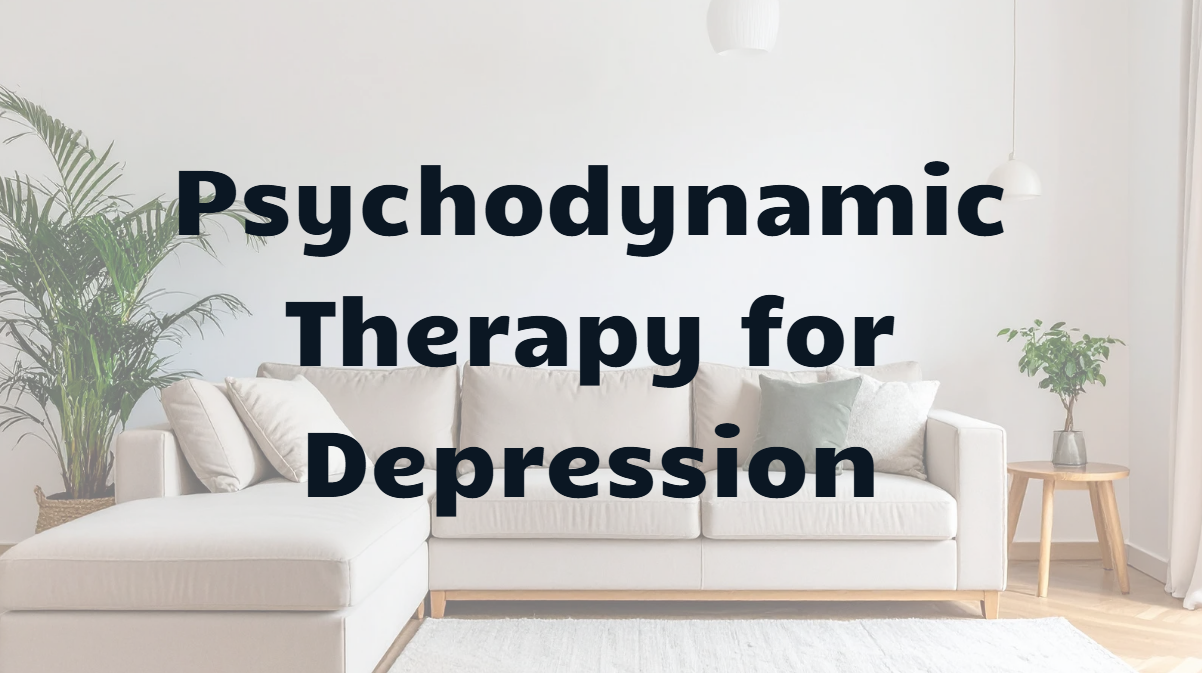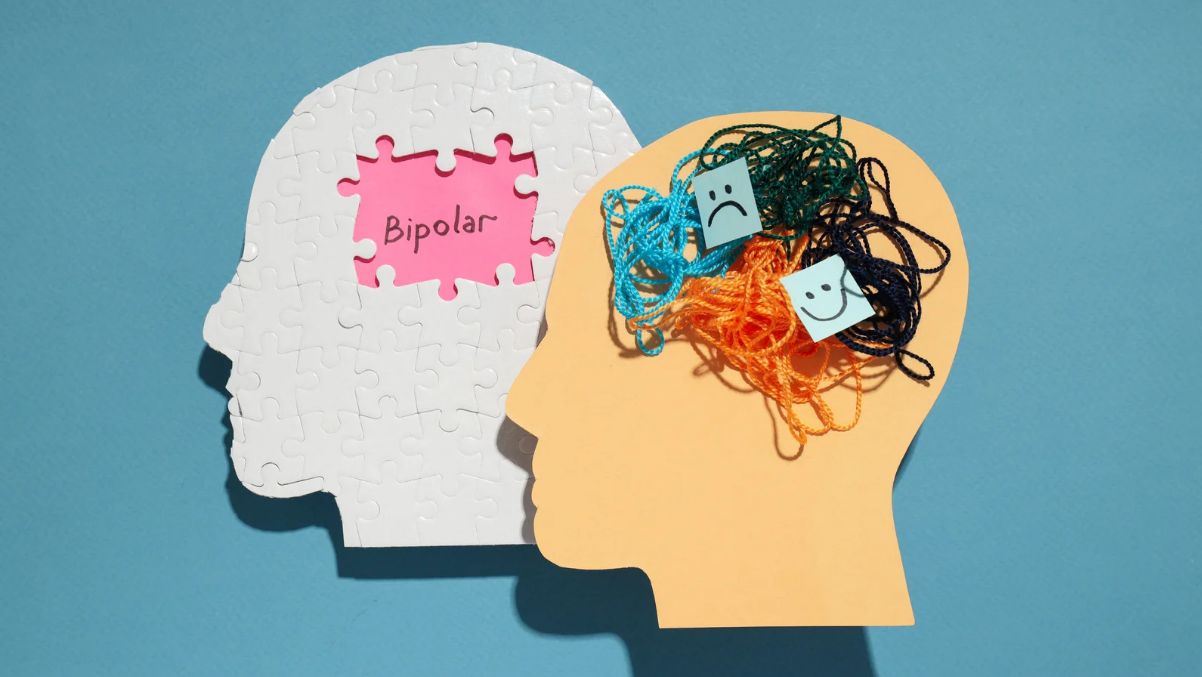Teenage depression is no longer a hidden problem. In the past decade, reports of persistent sadness, hopelessness, and anxiety among teens have surged. According to the CDC, nearly 1 in 5 high school students has seriously considered suicide. Behind these numbers are real young people — children, siblings, classmates — often silently struggling while appearing “just fine” to the outside world.
The truth is, depression in teens doesn’t always look like tears or dramatic outbursts. It can wear the face of a straight-A student who never complains, a popular athlete who suddenly seems distant, or a creative child who hides pain behind humor. Because teenage depression is frequently misunderstood or dismissed as “just a phase,” many teens don’t get the help they need until the situation becomes critical.
This article sheds light on what teenage depression really looks like, which teens are most at risk, and why listening — truly listening — matters more than ever. Whether you’re a parent, teacher, friend, or healthcare provider, this guide will help you recognize the warning signs, understand underlying causes, and take steps to support a struggling teen before it’s too late.
What Teenage Depression Is
Depression in teens is more than sadness. It is a medical condition affecting mood, energy, motivation, and the ability to experience joy. Unlike typical mood swings that come and go, clinical depression lasts weeks or months and disrupts daily life. A teen with depression may feel empty, hopeless, or numb — even when everything seems “normal” on the surface.
Why teens are particularly vulnerable
Teen brains are still developing, especially the parts responsible for emotional regulation and decision-making. Add academic stress, peer pressure, social media influence, and identity struggles, and it’s easy to see why adolescents are at higher risk for depression than many adults.
Common myths to avoid
- Myth #1: “Teens are just dramatic — they’ll outgrow it.”
- Myth #2: “If they’re doing well in school, they can’t be depressed.”
- Myth #3: “Talking about depression will make it worse.”
These misconceptions prevent families from recognizing depression early. The reality is that depression is not a choice or weakness. It’s a treatable condition — but only if it’s identified and addressed.
Which Teens Are at Risk of Depression?

Not every teenager will develop depression, but certain groups face a higher risk:
1. Teens with a family history of mental illness
If parents or siblings have depression, anxiety, or bipolar disorder, a teen’s chances of developing depression increase due to both genetic and environmental factors.
2. Teens experiencing bullying or social isolation
Harassment at school, exclusion from peer groups, or cyberbullying can erode self-esteem and lead to deep emotional pain.
3. Teens under extreme pressure to perform
High achievers in academics, sports, or extracurricular activities often hide their distress because they feel they must “live up to expectations.”
4. Teens coping with trauma or major life changes
Divorce, moving to a new school, loss of a loved one, or chronic illness can act as powerful triggers for depression.
While any teen can experience depression, these risk factors make early observation and intervention especially critical.
Signs and Symptoms You Shouldn’t Ignore

Depression doesn’t look the same in every teen. Some show obvious distress; others hide it well. Watch for these key indicators:
Emotional signs:
- Persistent sadness, tearfulness, or irritability
- Feelings of hopelessness or worthlessness
- Loss of interest in activities once enjoyed
Behavioral signs:
- Withdrawing from friends and family
- Declining academic performance
- Loss of motivation or sudden apathy
- Increased sensitivity to rejection or criticism
Physical signs:
- Changes in sleep (too much or too little)
- Significant weight loss or gain
- Chronic fatigue or low energy
Subtle red flags parents miss:
- Excessive perfectionism
- Masking pain with humor or forced cheerfulness
- Risk-taking behaviors (reckless driving, substance use)
When it’s an Emergency
If a teen mentions wanting to die, talks about feeling hopeless, gives away special belongings, or harms themselves, these are serious warning signs that they need help right away. This doesn’t mean they’re “being dramatic” — it means they’re in deep pain and deserve immediate support. In the U.S., you can call or text 988, the Suicide and Crisis Lifeline, or go to the nearest emergency room where trained professionals can keep them safe. Acting quickly shows care and can be the first step toward healing and recovery.
Why Listening Matters More Than Ever

When a teenager begins to withdraw, many adults instinctively try to “fix” the problem with advice, lectures, or reassurance. Unfortunately, this approach can backfire. Teens often feel invalidated when adults rush to solve things instead of hearing them out.
Listening is not passive. It’s an active skill that communicates love and safety. When a teen feels genuinely heard:
- They are more likely to open up about their struggles.
- Shame and isolation decrease, making them feel less alone.
- It becomes easier to guide them toward help without resistance.
- They begin to trust that their feelings are valid and important.
- Their emotional burden feels lighter because someone truly understands.
- They gain hope knowing they don’t have to face challenges by themselves.
What good listening looks like:
- Be present without distraction. Put away your phone, mute the TV, and show with body language that you’re paying attention.
- Validate feelings, don’t minimize them. Try “I can see this is really painful for you” instead of “It’s not a big deal.”
- Ask open-ended questions. Use “What’s been on your mind lately?” rather than yes-or-no questions like “Are you okay?”
- Reflect back what you hear. Say, “It sounds like you’re feeling really overwhelmed,” to confirm you understand.
- Stay calm, even if you’re worried. Teens pick up on panic; a steady tone reassures them you can handle what they share.
- Avoid rushing to give advice. Sometimes they need comfort first, solutions later. A simple “I’m here with you” can go a long way.
Early listening can prevent crises. A teen who feels understood is far less likely to spiral into dangerous behaviors or resist professional help because they know someone is truly on their side.
The Role of Parents, Teachers, and Friends

Teenagers don’t grow up in isolation; they’re shaped by the adults and peers who surround them every day. When the right people show up with care and consistency, it can change the entire course of a young person’s life.
Parents:
- Create a safe, judgment-free home where feelings can be shared.
- Model healthy coping skills — show how you manage stress openly.
- Trust your instincts: if something feels wrong, it probably is.
Teachers:
- Notice sudden changes in attendance, grades, or participation.
- Offer discreet support — a kind check-in after class can make a huge difference.
- Know your school’s mental health resources and referral process.
Friends:
- Be there to listen without trying to “fix” everything.
- Encourage your friend to seek help — and go with them if needed.
- Don’t keep dangerous secrets. If someone talks about harming themselves, tell a trusted adult immediately.
When parents, teachers, and peers work together, teens get help faster and feel less alone.
Getting the Right Help Early

Finding help for a struggling teen doesn’t have to feel overwhelming. What matters most is taking that first step as soon as you notice something isn’t right.
1. Start with A Primary Care Provider
Your teen’s doctor is often the first line of defense. They can screen for depression, rule out underlying medical issues, and connect your family with the right mental health resources. A trusted provider also gives teens a familiar, non-threatening place to start the conversation about how they’re feeling.
2. Seek Mental Health Professionals
Specialized care can give teens the tools and support they need to heal. Each professional plays a different but equally important role in the recovery process.
- Therapists or counselors: Provide talk therapy (like CBT or DBT) to help teens manage emotions.
- Psychiatrists: Can prescribe medication when depression is moderate to severe.
- School counselors: Offer support and connect families with resources.
3. Treatment Options
Effective treatment plans are never one-size-fits-all — they’re tailored to the teen’s unique needs and situation. A combination of approaches often works best to restore balance and well-being.
- Talk therapy: Helps teens understand feelings and build coping skills.
- Medication: Antidepressants may be used when therapy alone isn’t enough.
- Lifestyle changes: Exercise, sleep hygiene, and reduced screen time support recovery.
4. School-based Support
Teens may qualify for an Individualized Education Plan (IEP) or 504 Plan to adjust workloads, provide counseling, or create a safer learning environment.
The earlier depression is addressed, the better the outcome. Untreated depression increases the risk of substance abuse, academic failure, and self-harm — but with proper care, most teens recover fully.
How Communities Can Respond

Teen mental health is not just a family issue — it’s a community concern.
- Destigmatize mental health discussions. Schools, faith groups, and youth programs should normalize talking about emotions without shame.
- Build networks of support. Peer mentorship programs, community centers, and youth hotlines help teens feel less isolated.
- Advocate for access to care. Communities can push for school-based counselors, affordable therapy options, and better insurance coverage for mental health services.
When communities step up, teens see that they are not alone — and that seeking help is a sign of strength, not weakness.
What This Means for You
Teenage depression wears many faces — and it doesn’t always look sad. Some teens hide behind achievements, others behind humor, and many behind silence. That’s why listening matters more than ever: it shows teens they are seen, heard, and valued.
When adults pause to truly hear a teen’s story, they send a powerful message: You’re not invisible. Your feelings are valid. You deserve help. This simple shift — from lecturing to listening — can change the trajectory of a young person’s life. Depression is treatable, and recovery is possible with early intervention, compassionate support, and the right resources.
If you suspect a teen is struggling, don’t wait — trust your instincts and reach out for help today. Stay Healthy! LLC in Tallahassee, FL (call (850) 329-2932) offers a warm, welcoming environment where experienced psychiatry and primary care professionals listen without judgment and provide personalized care for your family. Whether you need guidance, screening, or treatment, their team is ready to walk alongside you and your teen every step of the way. Contact us Today!











